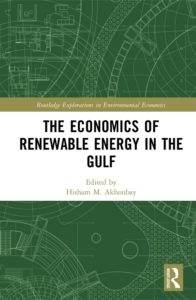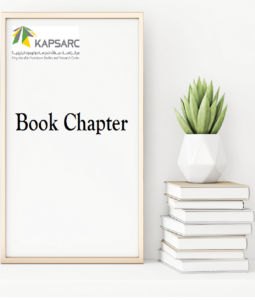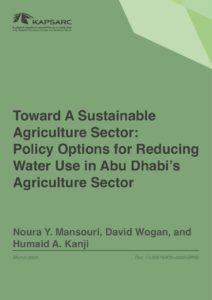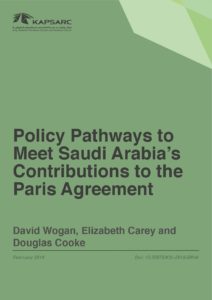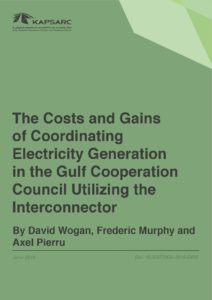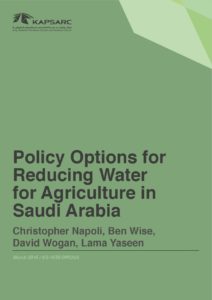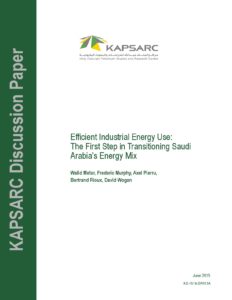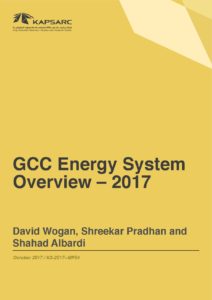David is a former research associate who centered on modeling the economics of integrated energy systems, with a focus on Saudi Arabia and the surrounding Gulf countries. His recent studies have focused on the impact of energy price reform on the technology and fuel mix of the Saudi energy sector and the nexus of water, energy, and agriculture.
Prior to joining KAPSARC, David led energy efficiency efforts at the municipally-owned electric utility in Austin, Texas and served the White House Council on Environmental Quality.

